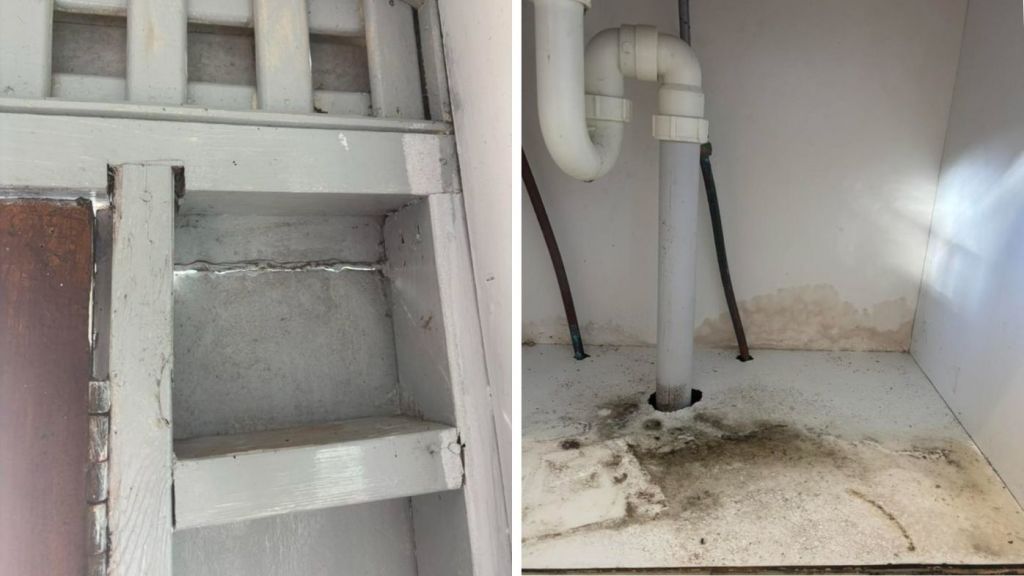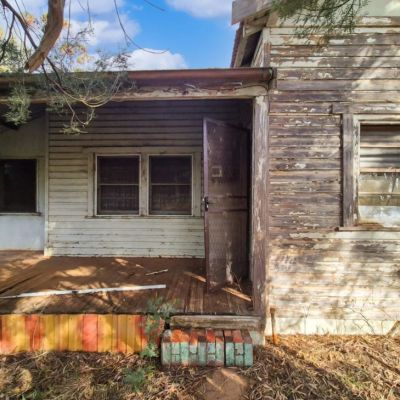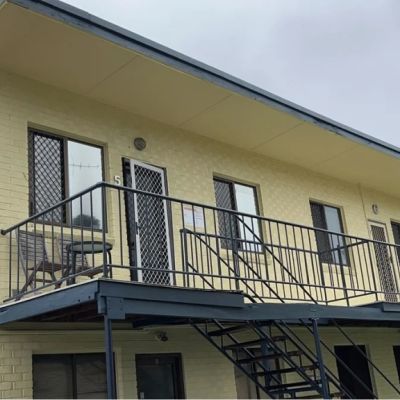Only half of renters get their bond back: Here are the most common reasons why
Failing to clean a rental property to an appropriate standard and the need to repair damage are two of the most common reasons renters lose their bonds – whether this is justified is debatable.
Unpaid rent is also a top reason bonds are not refunded in full, as tenants are required to pay rent up to their vacating date.
Figures compiled by Queensland’s Residential Tenancies Authority (RTA) have revealed that the top five claims property managers and owners made against a rental bond refund in 2024-25 were cleaning (21.5 per cent), rent (17.6 per cent), repairs (16.2 per cent), water charges (13.4 per cent) and re-letting costs (5.1 per cent).

Only about half (57.6 per cent) of tenants received their full bond refund at the end of their tenancy, while about a quarter (27.6 per cent) received a partial refund.
The remaining tenants (14.8 per cent) lost their bond completely.
“Tenants were refunded an average of 75.2 per cent of their bond, suggesting the majority of Queensland tenants and property managers or owners are discussing and agreeing on how bond refunds are paid out,” an RTA spokesperson says.
“In the financial year 2024-25, the RTA conciliated 16,573 disputes relating to bond refunds, which were typically due to disagreements in the property’s condition or outstanding costs associated with ending a tenancy.
“Tenants should check payment records and talk with their property manager or owner if there are any discrepancies in the rent payment history.”

The worst-case scenario for not receiving a bond refund is significant damage, such as tenants using the home as a drug lab, which would require replacing soft materials like woodwork and curtains.
However, some landlords seek to limit refunds as compensation for minor damage caused by wear and tear, or not having been cleaned to a professional standard.

Tenants Victoria chief executive Jennifer Beveridge says bond disputes are one of the top three reasons renters contact the body for assistance, making up 16.1 per cent of all calls in the past three years.
“The concerning pattern we see is that renters often do not dispute unfair claims for their bond when they’ve done the right thing, either because they don’t know their rights or they’re intimidated by the process,” she says. “This means landlords sometimes get unfair bond deductions.
“You should only lose your bond if you’ve genuinely damaged the property beyond fair wear and tear or breached your lease obligations.
“Fair wear and tear is not damage. Normal deterioration from living in a property – things like minor scuff marks, slightly faded paint or carpets showing wear from regular foot traffic – shouldn’t cost you money.”

Beveridge says the legal cleaning standard is a thorough, reasonable clean, unless the lease specifically states that a professional clean is required.
RTA and Tenants Victoria both encourage tenants, property managers and owners who disagree with how a bond refund is to be paid out to contact them for dispute resolution services and advice.
Along with the Australian Landlords Association, they advise renters to take many photographs when they move in, retain the condition report, and document everything that occurs during the rental period.

ALA national president Andrew Kent says evidence can show damage existed previously, as well as provide renters with a reference point.
“Because the requirement is to give [the property] back in the state that it was provided, it’s always a good idea to have a reference point for that,” he says.
“It’s worth noting that scratch was already there, so at the end of [the lease], you can [prove it].”
We recommend
States
Capital Cities
Capital Cities - Rentals
Popular Areas
Allhomes
More
- © 2025, CoStar Group Inc.








